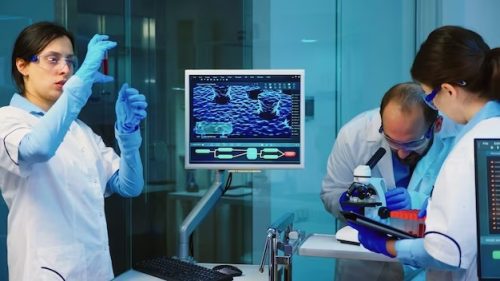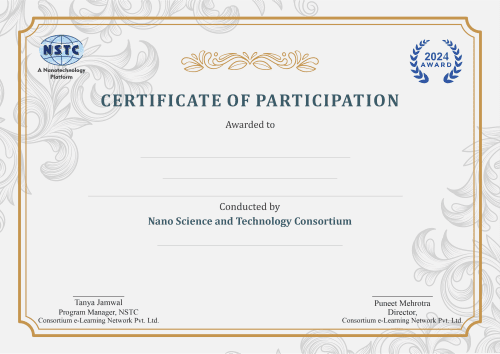
Cancer Drug Discovery: Creating Cancer Therapies
Transforming Cancer Treatment: From Discovery to Therapy
The “Cancer Drug Discovery: Creating Cancer Therapies” workshop offers an in-depth exploration of the mechanisms and methodologies involved in developing new cancer treatments. Participants will delve into the biology of cancer, learning how genetic mutations and cellular pathways contribute to the disease. The workshop will also cover the latest technologies and strategies used in drug discovery, including high-throughput screening, molecular modeling, and bioinformatics.
Throughout the workshop, participants will engage in hands-on exercises and case studies, providing practical experience in designing and testing potential cancer drugs. They will learn about the various stages of drug development, from target identification and validation to preclinical testing and clinical trials. By the end of the workshop, participants will have a thorough understanding of the complexities of cancer drug discovery and be prepared to contribute to this rapidly evolving field.
Aim: To equip participants with comprehensive knowledge and practical skills in cancer drug discovery, focusing on innovative therapies that target and treat various forms of cancer. This workshop will cover the entire drug discovery process, from initial research to clinical trials, ensuring a deep understanding of the challenges and advancements in cancer treatment.
- Understand the molecular and cellular mechanisms of cancer.
- Gain proficiency in techniques used in cancer drug discovery.
- Analyze the stages of drug development, from research to clinical trials.
- Explore the ethical and regulatory considerations in cancer therapy development.
- Develop practical skills through hands-on projects and case studies.
What you will learn?
Module 1: Understanding Cancer and Drug Discovery
Basics of Cancer
- Introduction to cancer biology
- Key cancer types and stages
- Molecular mechanisms of cancer initiation and progression
Cancer Diagnosis and Biomarkers
- Screening and early detection
- Diagnostic methods (biopsies, imaging)
- Biomarkers and liquid biopsies
- Case studies on cancer diagnosis
Introduction to Drug Discovery
- Drug discovery process overview
- Medicinal chemists’ role in drug design
- Overview of cancer drug classes, emphasizing targeted therapy
Module 2: Target Identification and Lead Optimization
Target Identification and Validation
- Identifying molecular targets and biomarkers
- Target validation techniques
- The importance of target specificity
Hit Identification and Lead Optimization
- Overview of high-throughput screening and virtual screening
- Utilizing natural products as lead compounds
- Medicinal chemistry strategies, including structure-based and fragment-based drug design
Drug Design for Specific Cancer Types
- Designing drugs for specific cancer types (e.g., breast cancer, lung cancer, colorectal cancer)
- Emphasize key targets and design strategies for each cancer type
Module 3: Preclinical Development, Clinical Trials, and Emerging Trends
Preclinical and Clinical Development
- Preclinical testing in vitro and in vivo models
- Introduction to clinical trials and regulatory considerations
- Pharmacy’s role in clinical trials
Case Studies and Emerging Trends
- Showcase successful drug design stories
- Discuss emerging trends in cancer drug development (e.g., combination therapies, immunotherapies, and nanomedicine)
Personalized Medicine, Resistance, and Future Directions
- Personalized medicine: Genomic and molecular profiling, pharmacogenomics
- Strategies to overcome treatment resistance in cancer
- Breakthroughs in cancer research and future directions
- Career paths in oncology pharmacy
Additional Focus on Immune System Empowerment
- Introduction to immune checkpoint inhibitors and CAR-T cell therapy
- Mechanisms through which immunotherapy enhances the immune system’s response to cancer
- Discussion on clinical success and challenges
- Ethical considerations in drug design and development
Intended For :
- Undergraduate degree in Biomedical Science, Pharmacology, or related fields.
- Professionals in the pharmaceutical or biotechnology industries.
- Researchers and scientists in oncology or related disciplines.
- Individuals with a keen interest in drug discovery and cancer research.
Career Supporting Skills


